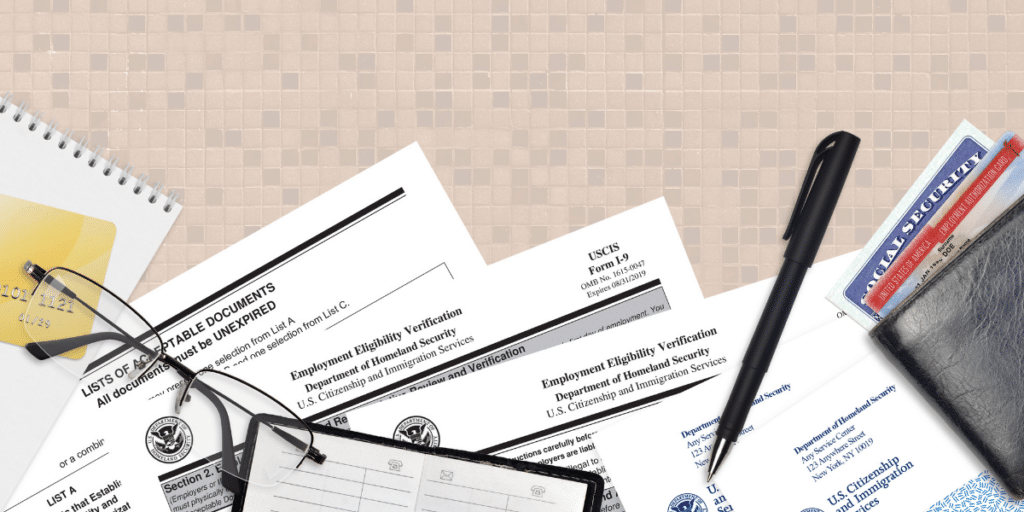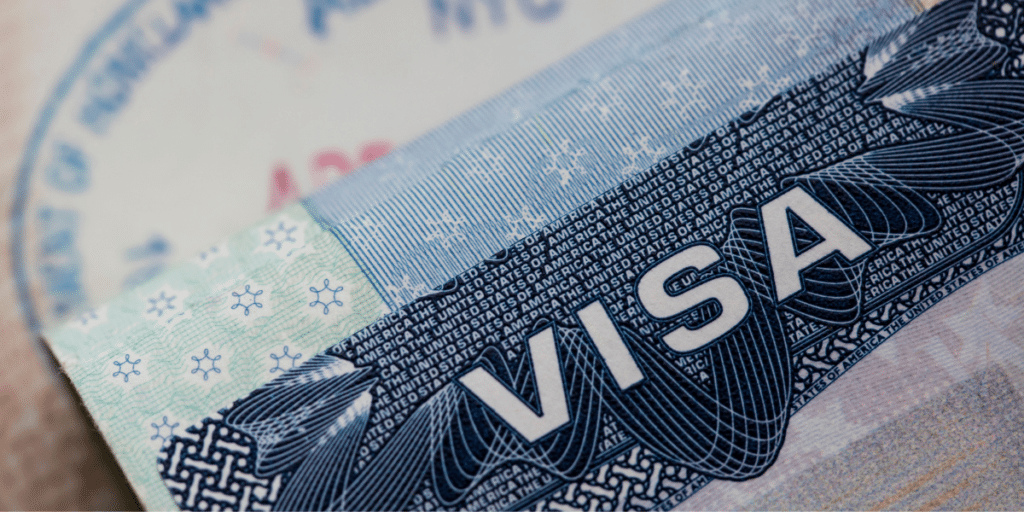Due to the current coronavirus pandemic, Mecklenburg County issued a stay at home order that went into effect on March 26, 2020, which includes all of Charlotte and other towns in the County. Governor Cooper followed suit shortly thereafter and issued a state wide Executive Order affecting all of North Carolina that remains in place through April 29, 2020.
Stay-At-Home Orders
Both the Mecklenburg and North Carolina Orders contain provisions addressing the essential nature of travel related to child custody and visitation orders or arrangements. Therefore, the stay at home Orders allow for custody exchanges and there is no Coronavirus carveout excusing compliance (i.e., the stay at home orders do not excuse you from following your custody order). A court order is expected to be followed, and without good cause, a parent who flouts a Custody Order or fails to pay child support per an Order, is at risk of being held in contempt of Court. Consulting with a Family Law Attorney at Dozier Miller Law Group on the consequences and remedies of contempt can help during this complicated time.
Especially in a time of crisis, we hope that parents will work together in good faith and for the best interest of the child but that is not always the case. A parent may not use common sense to avoid exposing themselves or their children to the coronavirus or may exploit the situation to unreasonable withhold a child from the other parent.
In addition to the stay at home orders, North Carolina Supreme Court Chief Justice Cheri Beasley has issued an Order postponing almost all court hearings with the exception of hearings affecting due process, Domestic Violence and Emergency Custody to at least June 1, 2020. Although a Judge may be more lenient regarding contempt during the Coronavirus pandemic, the default expectation is that a judge’s order should be followed. And knowing that a party did not have a speedy remedy in court because of the delay caused by the current pandemic, a Judge may levy much harsher punishment or more attorney’s fees for a party found in violation of an order without good cause.
In North Carolina, Contempt is the means in which our Courts enforce the Orders that judges enter. North Carolina General Statutes §5A-11 and §5A-21 set out the two types of Contempt in North Carolina.
Criminal Contempt
Criminal Contempt is the mechanism in which the Court punishes a party for their “[w]illful disobedience of, resistance to, or interference with a court’s lawful process, order, directive, or instruction or its execution.” N.C.G.S. 5A-11(a)(3). It is meant to punish a party for prior act; not to enforce the Order in the future. An example would be a parent failing to follow the court order over the holidays or a child’s birthday, or during the coronavirus crisis. The Court can punish the guilty party for their past contempt. Because it is considered “criminal” a party must prove beyond a reasonable doubt that a willful violation was committed by the other party. If that finding is made, a court can punish the offending party with up 30 days in jail, and a fine not to exceed $500.00 or a combination of both. G.S. §5A-12.
Civil Contempt
Unlike criminal contempt, Civil Contempt is not intended to punish but rather coerce compliance with an order. Civil Contempt is utilized to cutoff an ongoing act by one party in violation of the Order, such as refusing to pay child support or withholding the child in contravention of an Order. A finding of civil contempt only requires a preponderance of the evidence that the party is currently in willful disobedience of the order. To hold a party in civil contempt, the Judge must also allow a party to purge his or her contempt by complying with the Order. If a party does not have the ability to comply with a purge condition, they cannot be held in civil contempt; however, if a party refuses to comply when able, they can be imprisoned until such time as they comply.
These are confusing and frightening times for all of us and no less so for those who are shuffling children back and forth between a co-parent. Anxiety over quarantining and whether the other parent is following social distancing guidelines creates real fear and may in some instances necessitate altering a custody schedule. Knowing when and how to modify or enforce an order can be complex and challenging. The counsel of an experienced attorney at Dozier Miller Law Group can help you navigate these legal issues.

CATEGORIES
Contact an Attorney
Our attorney offer specialized guidance and representation in a variety of practice areas.

REMEMBER: Always speak with your own attorney
This information is provided for informational purposes only; it is not offered as and does not constitute legal advice.
More Insights and Resources
Learn more about what to expect when facing a family law dispute in Charlotte, North Carolina from Family Law attorneys at Dozier Miller Law Group
What NC House Bill 269 Could Mean for Non-Compete Agreements in North Carolina
Non-compete agreements have long been a controversial tool in the corporate world—sometimes protecting legitimate business interests, and…
Protect What Matters Most: Estate Planning for Every Stage of Life
Thinking about the future doesn’t always come naturally. Many of us get caught up in the day-to-day,…
Will a Separation Protect Me Financially?
Separation is never easy, especially when financial questions start piling up. Can you protect your savings? Will…
Practical Custody Arrangements for Families
Trying to figure out custody arrangements? You’ve probably come across terms like joint custody, primary custody, and…
Future-Proof Your Business Against Form I-9 Changes
Running a business is no small feat. Between managing your team, keeping customers happy, and planning for…
When Do You Need an Attorney for a Breach of Contract Case?
Contracts are the backbone of any good business relationship. They bring clarity, set expectations, and hold everyone…
Navigating Immigration Changes and Their Impact on Employment Law
No matter the size of your business, immigration law affects your ability to hire and retain the…
LGBTQ Families and Stepparent Adoption: What You Need to Know in North Carolina
As a family law attorney in North Carolina, I’ve seen many parents assume that their legal status…
What to Do When You Get a Bad Google Review
If you’re a Charlotte business owner, you know just how important your online reputation is. Around 98%…
Managing Your Immigration Status in 2025
The 2024 election brought significant shifts to U.S. immigration policy, many of which have already begun reshaping…










